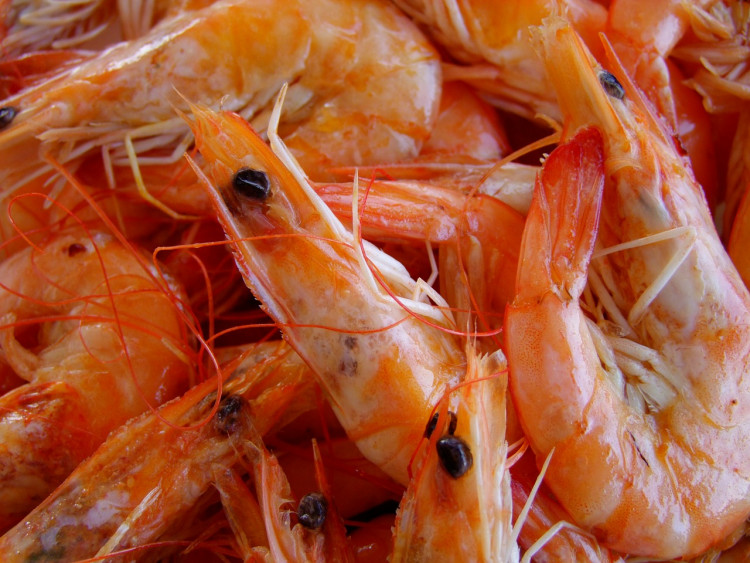Saudi Arabia delivered a total of 6,000 tons of shrimps in China in deliveries which started last week, according to Ahmed Al-Bala'a, chief executive officer of the kingdom's National Aquaculture Group. This is only the first step in the country's plan to expand its market for shrimps.
The kingdom is targeting more than 30,000 tons of shrimp export to China by the end of 2018, Al-Bala'a told Bloomberg. The two governments have signed the agreement on shrimps exports in November.
Al-Bala'a owns expansive networks of shrimp farms in the Red Sea coast. The National Aquaculture Group which he is heading is the only company delivering the crustaceans to China.
Al-Bala'a said Saudi's shipments are likely to increase to 80,000 tons by 2020, bringing an estimated $533 million revenue for the kingdom.
The National Aquaculture Group has plans to export crustaceans to 32 other countries. Its production capacity in 2017 was 41,500 tons all in all. Since then, it worked hard to raise daily average produce to 700 tons as it targets to increase annual capacity to 60,000 tons this year.
The kingdom, under the leadership of the Crown Prince, aims to diversify its economy from oil exports and shrimp exports is one way to do that, especially that China is one of the world's largest consumers of shrimps given its large population.
Aside from its shrimps sector, the country has plans to develop the rest of its aquaculture and technology sector to support its goal of developing new industries and financial resources.
China is a big supporter of this goal. President Xi Jinping told Crown Prince Mohammed bin Salman that he is with towards the fulfillment of Saudi's economic diversification and social reform.
At a speech at the G20 summit early in December, Xi said his country has always perceived Saudi Arabia as one of its most important partner in trade.
Indeed, apart from the shrimps, China also boosts its imports of crude oil from the kingdom. Its import of crude on Dec. 3 increase to the highest daily level in 23 months. In total, the Asian country accounted for nearly 15 percent of Saudi crude import sales this year.
On Wednesday, Saudi King Salman bin Abdulaziz gathered several states from the Red Sea and the Gulf of Aden and discuss with them his aim of establishing an association that will safeguard trade and maritime navigation in the region. The king met with his counterparts from Egypt, Djibouti, Somalia, Sudan, Yemen, and Jordan.






